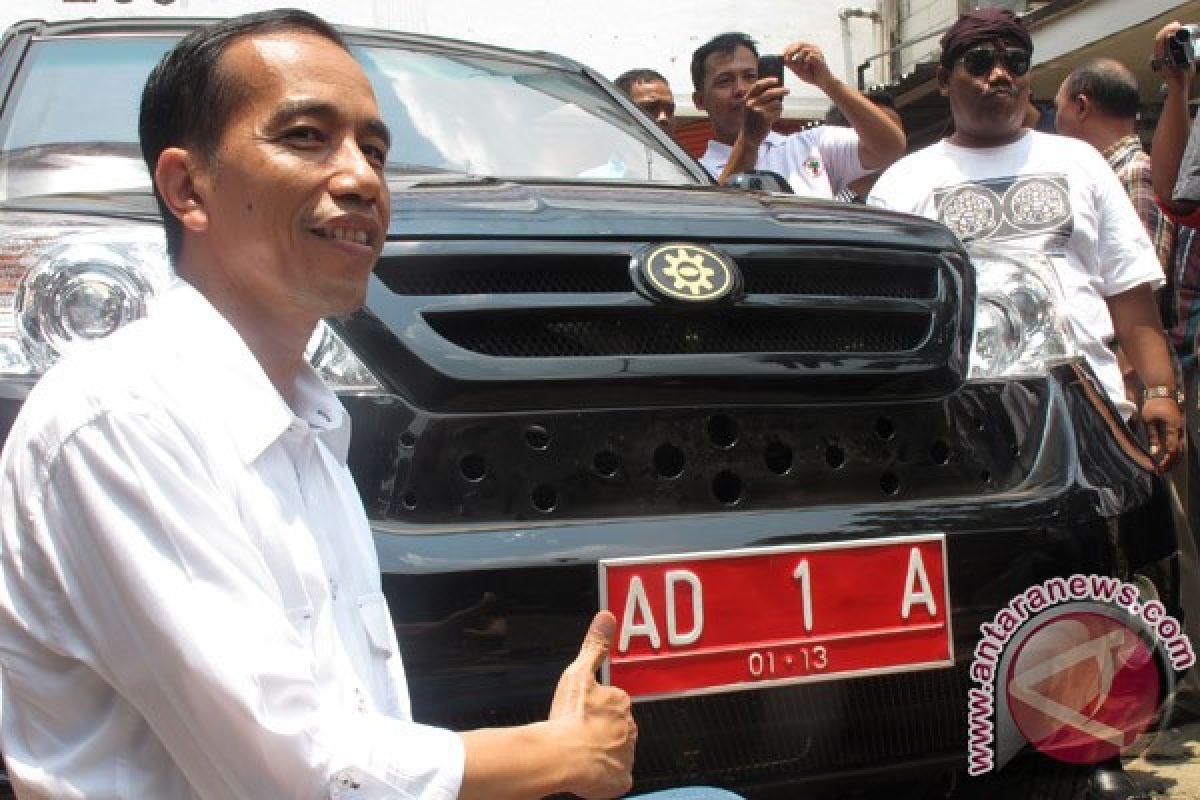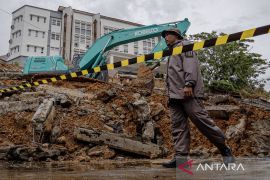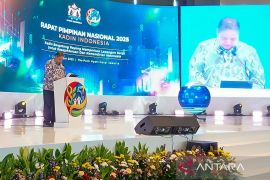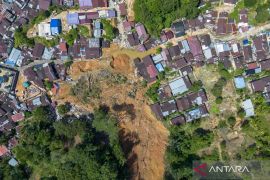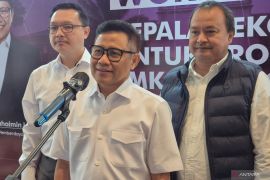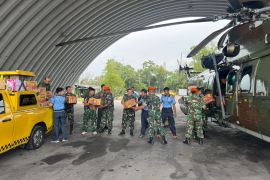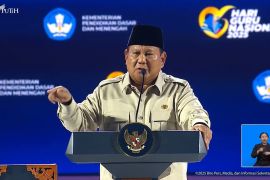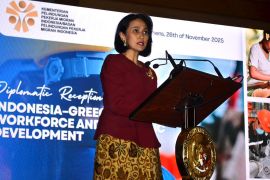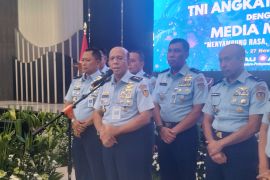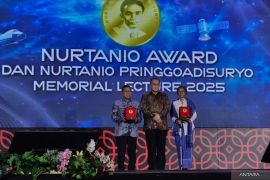"The car is scheduled for an emission test on Monday at the Propulsion and Motor Thermodynamics Center (BTMP) in Serpong, South Tangerang, Banten, and once it passes the test, its mass production will quickly begin" said Jokowi at ANTARA News Agency office here on Saturday.
Regarding the emission test, Jokowi believed the car would pass it because the car has undergone various tests many times before.
"I am optimistic that this car can pass the emissions test because it remains in good condition after being driven from Solo to Jakarta," he said.
His statement is shared by one of parliament members, Roy Suryo, who drove the car on the way from Solo to Jakarta.
"Everything went smoothly, even when in the Semarang toll road, I drove the car at a speed of more than 125 KM per hour the car remained stable," said Roy.
Jokowi said the car will only cost Rp95 million, and will not be produced on a large scale at the early stage.
"The initial production target is only 200 to 300 per month, and it will be available at Solo Raya only with one or two dealers, and if it is already established it will be sold nationally. We do not want to hurry," he said.
Many Indonesian senior officials have expressed their interest to buy the SUV such as Minister of Public Works Djoko Kirmanto.
"I get an sms from the Public Works minister which said he would like to order a Kiat Esemka car. He wanted the car to be immediately sent to Jakarta once production has commenced," said Jokowi.
Jokowi said that the order from one of the ministers is evidence of government support to the Indonesian youth domestically-made car.
The Kiat Esemka is a car assembled by students of Solo`s SMKN 2 (State Vocational High School 2) in cooperation with the owner of KIAT auto body shop in Klaten.
Of all materials and components used in the Kiat Esemka 80 percent are local and 20 percent are imported.
The mass production of the Kiat Esemka after passing through the test may bolster the nation`s self-confidence and give more substance to its slogans for achieving economic self-reliance and self-sufficiency. (*)
Editor: Ruslan Burhani
Copyright © ANTARA 2012
